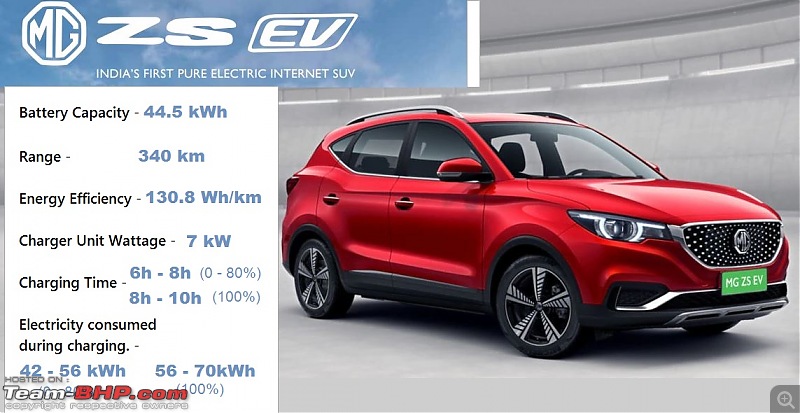| | #1 |
| BHPian Join Date: Jan 2020 Location: Delhi/RaeBareli
Posts: 40
Thanked: 306 Times
| |
| |  (40)
Thanks (40)
Thanks
|
| |
| | #2 |
| BHPian | |
| |  (1)
Thanks (1)
Thanks
|
| | #3 |
| BHPian Join Date: Jan 2020 Location: Delhi/RaeBareli
Posts: 40
Thanked: 306 Times
| |
| |
| | #4 |
| BHPian Join Date: Mar 2018 Location: Thane - MH04
Posts: 594
Thanked: 2,284 Times
| |
| |  (4)
Thanks (4)
Thanks
|
| | #5 |
| Senior - BHPian Join Date: Jan 2020 Location: KA01/AP31
Posts: 1,194
Thanked: 3,426 Times
| |
| |  (2)
Thanks (2)
Thanks
|
| | #6 |
| BHPian Join Date: Jan 2020 Location: Delhi/RaeBareli
Posts: 40
Thanked: 306 Times
| |
| |
| | #7 |
| Team-BHP Support  | |
| |  (9)
Thanks (9)
Thanks
|
| | #8 |
| BHPian Join Date: Mar 2017 Location: Thane
Posts: 122
Thanked: 244 Times
| |
| |  (1)
Thanks (1)
Thanks
|
| | #9 |
| BHPian Join Date: Jan 2020 Location: Pune
Posts: 223
Thanked: 1,573 Times
| |
| |  (2)
Thanks (2)
Thanks
|
| | #10 |
| BHPian | |
| |  (5)
Thanks (5)
Thanks
|
| | #11 |
| BHPian Join Date: Aug 2019 Location: bangalore
Posts: 167
Thanked: 454 Times
| |
| |  (2)
Thanks (2)
Thanks
|
| |
| | #12 |
| BHPian Join Date: Oct 2019 Location: Gurgaon
Posts: 153
Thanked: 1,505 Times
| |
| |
| | #13 |
| BHPian Join Date: Jan 2020 Location: Delhi/RaeBareli
Posts: 40
Thanked: 306 Times
| |
| |  (5)
Thanks (5)
Thanks
|
| | #14 |
| BHPian Join Date: May 2018 Location: Bangalore
Posts: 50
Thanked: 75 Times
| |
| |
| | #15 |
| BHPian Join Date: Jan 2020 Location: Delhi/RaeBareli
Posts: 40
Thanked: 306 Times
| |
| |  (1)
Thanks (1)
Thanks
|
 |
Most Viewed



 ,etc) as 95% of India homes runs on electricity provided by a power corporation.
,etc) as 95% of India homes runs on electricity provided by a power corporation.




 Good reference. It is surprising to see that the cars that are more affordable up-front cost more to cover the same mileage! And we do not consider the battery charge holding capacities in our hot and humid weather conditions. End of the day, the price per km would end up around ₹3-5 per km.
Good reference. It is surprising to see that the cars that are more affordable up-front cost more to cover the same mileage! And we do not consider the battery charge holding capacities in our hot and humid weather conditions. End of the day, the price per km would end up around ₹3-5 per km.

